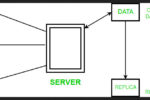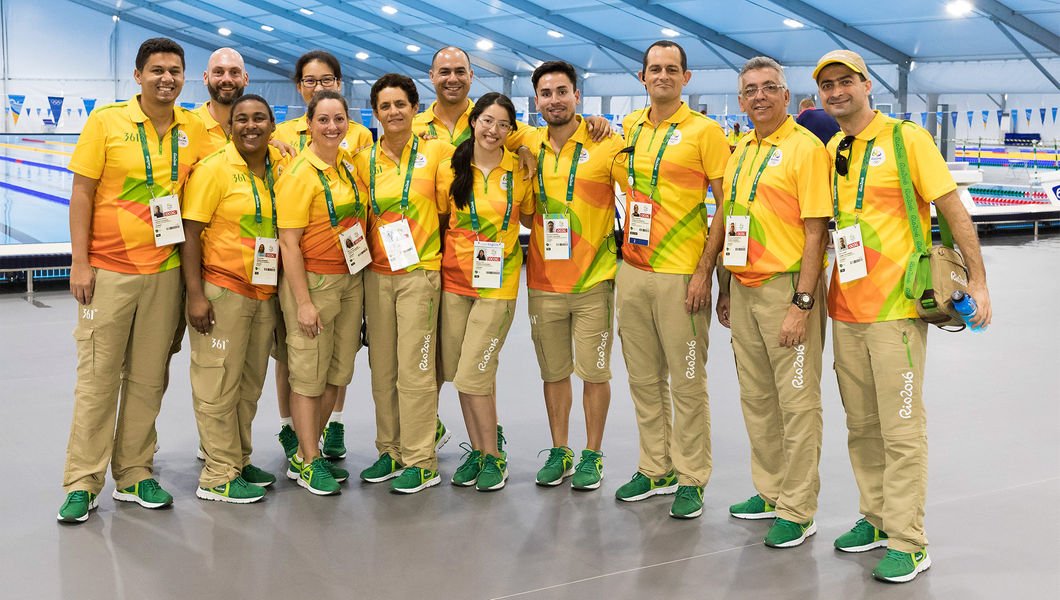Oocyte Donation- A Complete Overview

Over the last decade, oocyte or egg donation has created much buzz. It’s a fertility-enhancing procedure that bypasses oocyte-related problems in females. Oocyte donation is a prime example of women supporting other women. However, in this case, the support comes in the form of donating a fertile egg to mitigate female infertility.
In this article, we will explore the different facets of oocyte donation. It’ll tackle any misinformation one has regarding this procedure. We’ll discuss everything from donor eligibility to recipient specifications. For complete information on oocyte donation, visit your nearest fertility center and sperm bank in Chandigarh.
What is oocyte donation?
Oocyte donation means when a healthy, fertile female donates her oocytes/eggs. Females who aren’t healthy enough to conceive benefit from these donated eggs.
The egg retrieval process from the donor is minimally invasive. A needle-guided catheter is inserted along the vaginal wall, and eggs are retrieved through light suction. An embryologist will then proceed to freeze the eggs- known as cryopreservation.
What is the difference between oocyte donation & egg freezing?
Egg freezing is a general term for the cryopreservation of oocytes for various purposes. Fertile females may opt for egg freezing at a young age to use them for fertilization later when ready for a family.
Oocyte donation refers to donating one’s eggs for use in a different female. Both include cryopreservation of oocytes for separate purposes.
Who is eligible for egg/oocyte donation?
Reputed fertility clinics and oocyte/sperm banks in Chandigarh follow a rigorous screening process to select candidates for oocyte donation. An oocyte donor must be:
- A healthy female below the age of 30 years
- Must be of normal weight range
- Must have normal hormonal ranges
- Should not have a history of genetic abnormalities or illnesses
- Must be a non-smoker and non-alcoholic
- Should not have STDs or any disease transmissible through the egg, such as Hepatitis B & C, HIV, etc.
- Should have adequate quality eggs to ensure the best chance of conception
Who is eligible as an oocyte/egg recipient?
Egg recipients are the females who:
- Are menopausal
- Suffer from premature ovarian failure
- Are having gonadal dysgenesis (improper development of reproductive organs)
- Have poor quality eggs, insufficient for conception
- Have decreased ovarian reserve
- Are infertile due to cancer treatment
Are oocyte donors always anonymous to the recipients?
Most of the time, egg donors are anonymous. Clinics keep donors’ identities confidential from the recipients, and vice versa. However, in some cases, donors may be known to the recipients, like a sister or cousin. Therefore, anonymity is not always a criterion.
The different ways of obtaining donor eggs
- Known Donors
Sometimes, the egg donor is familiar with the recipient, like a relative or friend. They may agree to donate eggs out of a goodwill gesture. It’s not uncommon for recipients to advertise in the newspaper for their egg donor requirement. In both cases, recipients know the donors.
However, this form of egg donor recruitment of donors can be risky in the absence of proper health screening, background checks, and legal consultation.
- Anonymous Donors
Various oocyte retrieval and sperm banks in Chandigarh run oocyte/egg donation programs. Women who participate in these programs prefer to keep their identities confidential. They get paid per donation from ₹25,000 to ₹75,000. These anonymous egg donations undergo a rigorous screening process to determine the quality of the egg.
- IVF Programs
Women undergoing IVF treatments may donate their excess eggs to get discounted treatment. These donations come under the IVF program donations. It’s a coercive form of egg donation.
What are the legal aspects of oocyte/egg donation in India?
There is no dedicated law to regulate sperm and egg donation programs in India. However, ICMR (Indian Council of Medical Research) issued specific guidelines to streamline egg donation. These guidelines regulate, accredit, and supervise the ART clinics in India. The ART Regulation Bill 2020 gives a legislative nod to these norms. They also protect the health of donors as well as recipients. Guidelines on oocyte donation are:
- Donors must be between the ages of 21 to 35.
- Donors must be free of HIV and Hepatitis B & C, diabetes, hypertension, identifiable genetic disorders, and STDs (sexually transmitted diseases) such as gonorrhea, chlamydia, and syphilis.
- Genetic testing must be done to determine if the patient is carrying the cystic fibrosis gene and to specify the donor’s history and ethnic background.
- Psychometric testing is a must to determine the mental health of the donor.
- ICMR advises testing and recording of blood group and Rh factor.
- Clinics must record the donor’s physical and demographic attributes such as height, weight, age, colour of eyes and skin, educational background, profession, history of any family disorder, etc.
- ICMR prefers egg donors to have at least one child before donation.
- To prevent unethical egg donation practices, ICMR mandates legal registration of fertility clinics, especially the ones involved in embryo creation.
Wrapping Up:
Oocyte or egg donation offers multiple benefits to women struggling with infertility. It’s a win-win situation for both recipients and donors. Recipients get a chance to conceive, while donors receive monetary compensation. Egg donors also get complete information regarding their fertility status as an added benefit. It’s imperative to consult a reputed and ethical oocyte and sperm bank in Chandigarh for regulated and well-screened egg donation. Refer to ICMR guidelines before opting for egg donation or reception, and make sure that the clinic you’re visiting complies with these regulations.






